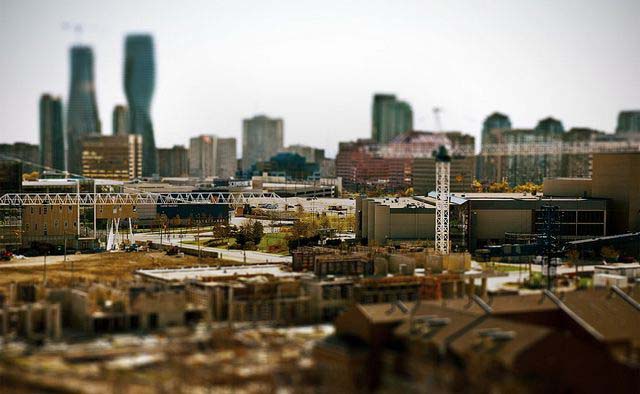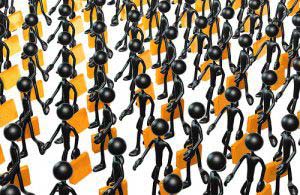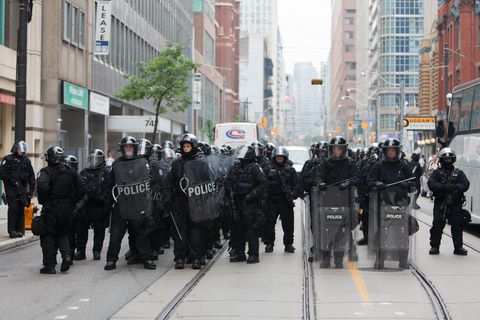
Issues for a Psychotherapist in Mississauga or Oakville
A case studies in Mississauga or Oakville or surrounding areas faces some key issues that recur frequently. Therapists in urban or rural areas face them, too, but they take on very specific forms in suburbia. Isolation and Connection It may not be apparent, but many people in suburban…









